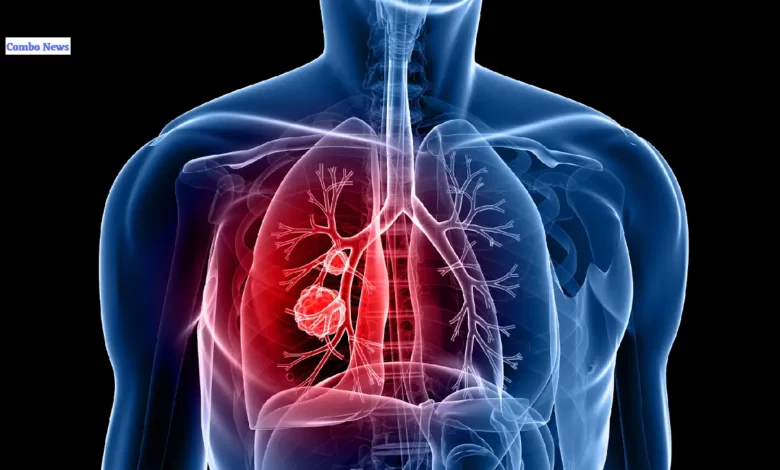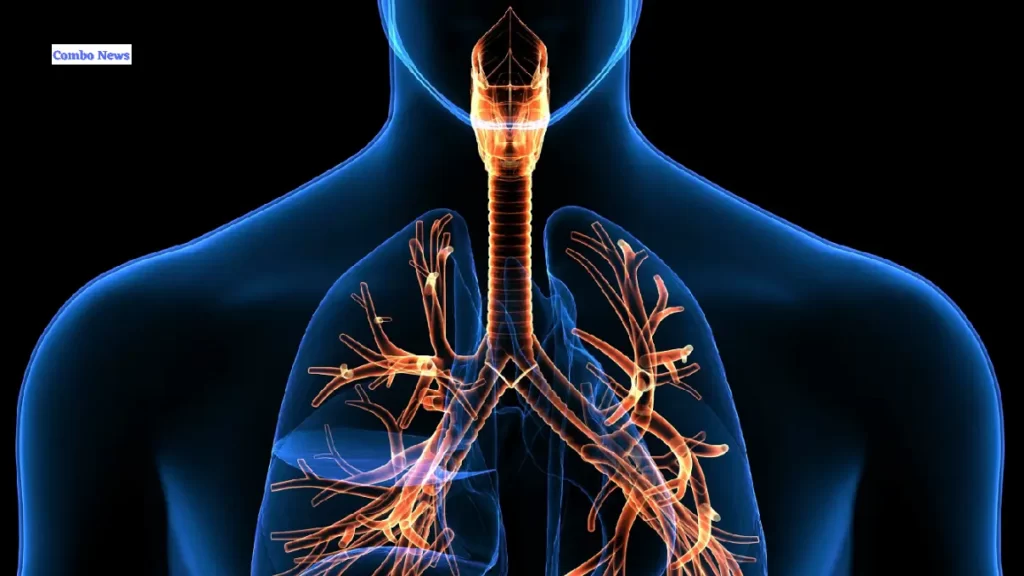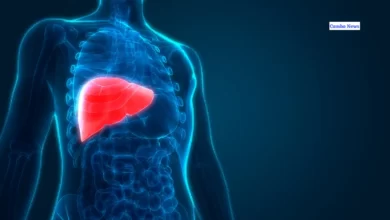
Breath of Fresh Air: Top Tips for Lung Health
In the hustle and bustle of our daily lives, it’s easy to overlook the importance of lung health. Our lungs play a crucial role in sustaining life, allowing us to breathe in oxygen and expel carbon dioxide. However, factors such as pollution, smoking, and sedentary lifestyles can take a toll on our respiratory system. To ensure we continue to enjoy the gift of easy breathing, let’s explore some practical tips to maintain lung health.
10 Tips for Lung Health

1. Kick the Habit: Quit Smoking
Tips for lung Health-It’s no secret that smoking is a major contributor to respiratory issues, including chronic obstructive pulmonary disease (COPD) and lung cancer. If you’re a smoker, quitting is the single most impactful step you can take to improve your lung health. Seek support from friends, family, or professionals, and explore smoking cessation programs to increase your chances of success.
2. Breathe Clean Air: Avoid Pollution Exposure
Tips for lung health-Environmental factors, such as air pollution, can significantly affect lung health. Minimize your exposure to pollutants by staying indoors on days with poor air quality, using air purifiers, and wearing masks in crowded or polluted areas. Additionally, consider planting indoor plants known for their air-purifying properties, such as snake plants and spider plants.
Also Read | Ex-Smokers reduce their risk of dying young by engaging in healthy habits, a study finds.
3. Stay Active: Exercise for Respiratory Fitness
Tips for lung health-Regular exercise not only benefits your cardiovascular system but also plays a vital role in maintaining healthy lungs. Aerobic activities, like walking, jogging, or cycling, enhance lung capacity and efficiency. Aim for at least 150 minutes of moderate-intensity exercise per week, and don’t forget to incorporate activities that strengthen your respiratory muscles, such as deep breathing exercises and yoga.
4. Hydrate for Hygiene: Drink Plenty of Water
Tips for lung health-Proper hydration is essential for overall health, and it also promotes lung health. Staying well-hydrated helps keep the mucosal lining of the lungs thin, allowing for easier breathing. Aim to drink at least eight 8-ounce glasses of water a day, and consider incorporating hydrating foods like fruits and vegetables into your diet.
5. Mind Your Posture: Improve Breathing Mechanics
Tips for lung health-Believe it or not, your posture plays a role in lung function. Poor posture can restrict the expansion of your lungs and lead to shallow breathing. Practice good posture by sitting and standing up straight, with your shoulders back and your chest lifted. This simple adjustment can optimize your breathing mechanics and contribute to better lung health.
6. Dust Off Stress: Manage Stress Levels
Tips for lung health-Chronic stress can hurt your overall health, including your respiratory system. Stress can lead to shallow breathing and exacerbate existing respiratory conditions. Incorporate stress-reducing practices into your routine, such as meditation, deep breathing exercises, or engaging in activities that bring you joy. A calm mind contributes to optimal lung function.
7. Ditch Harmful Substances: Be Mindful of Inhalants
Tips for lung health-Inhaling harmful substances, whether through recreational drug use or exposure to toxic chemicals, can damage your lungs over time. Avoiding these substances is crucial for maintaining lung health. If you work in an environment with potential respiratory hazards, use protective gear, and follow safety guidelines to minimize your risk of inhalation-related issues.
8. Fuel Your Lungs: Adopt a Balanced Diet
Tips for lung health-Your diet plays a significant role in overall health, including the health of your lungs. Consume a balanced diet rich in fruits, vegetables, whole grains, and lean proteins. Antioxidant-rich foods, such as berries, broccoli, and spinach, can help protect your lungs from oxidative stress. Omega-3 fatty acids, found in fish and flaxseeds, also contribute to lung health.
9. Know Your Environment: Test for Radon
Tips for lung health-Radon, a colorless and odorless gas, is a naturally occurring radioactive gas that can seep into homes and pose a threat to lung health. Consider testing your home for radon and take measures to mitigate its presence if levels are found to be elevated. Radon mitigation systems are effective in reducing radon concentrations and minimizing the associated health risks.
Also Read | Doctors At Risk of Heart Attacks Because Of Their Odd Work Schedules
10. Regular Check-ups: Monitor Lung Health
Tips for lung health-Regular health check-ups are essential for monitoring your overall well-being, including lung health. If you have a history of respiratory issues or are at risk due to factors like family history or occupational exposure, discuss with your healthcare provider about lung function tests and screenings. Early detection of any issues allows for prompt intervention and better outcomes.
Tips for Lung Health: The Crucial Importance of Lung Health

The Respiratory System:
Before delving into the importance of lung health, let’s take a moment to appreciate the complexity of the respiratory system. Comprising the nose, trachea, bronchi, and lungs, this intricate network collaborates seamlessly to facilitate the exchange of oxygen and carbon dioxide. The lungs, resembling spongy organs, are divided into lobes and boast an extensive network of airways. Each breath we take involves a carefully choreographed dance of these components, emphasizing the delicate balance required for optimal respiratory function.
Oxygen, the Elixir of Life:
The primary function of the lungs is to extract oxygen from the air we breathe and expel carbon dioxide, a waste product of metabolism. Oxygen is the elixir of life, fueling every cell in our bodies. Without a constant and adequate supply of oxygen, our organs, tissues, and cells would be unable to carry out their functions, leading to a cascade of health issues.
Also Read | Diabetes Prevention Tips and Its Link with Heart Attack
Guardians Against Infections:
In addition to their role in gas exchange, the lungs act as formidable guardians against infections. The respiratory system is equipped with an elaborate defense mechanism that includes mucus production, cilia (tiny hair-like structures) that move in coordinated waves, and immune cells. This defence system works tirelessly to trap and eliminate harmful particles, pathogens, and irritants, preventing them from reaching deeper into the respiratory tract.
The Impact of Poor Lung Health:
When the health of our lungs is compromised, the consequences can be severe. Conditions such as chronic obstructive pulmonary disease (COPD), asthma, pneumonia, and lung cancer can impair lung function, leading to difficulties in breathing, reduced oxygen intake, and diminished quality of life. Furthermore, compromised lung health can have systemic effects, impacting the cardiovascular system, immune response, and overall well-being.
Environmental Factors:
Our lungs are not only affected by internal factors but are also highly susceptible to external influences. Environmental pollutants, such as air pollution, secondhand smoke, and occupational hazards, pose a significant threat to lung health. Prolonged exposure to these pollutants can contribute to the development and exacerbation of respiratory conditions, emphasizing the need for environmental awareness and protective measures.
The Importance of Physical Activity:
Maintaining an active lifestyle is one of the most effective ways to promote lung health. Regular exercise strengthens respiratory muscles, improves lung capacity, and enhances overall cardiovascular function. Aerobic activities, such as brisk walking, jogging, and swimming, are particularly beneficial for lung health, promoting efficient oxygen exchange and optimizing respiratory efficiency.
Nutrition and Lung Health:
Like any other organ in our bodies, our lungs benefit from a nutritious diet. Antioxidant-rich foods, such as fruits and vegetables, help combat oxidative stress and inflammation, supporting overall lung function. Additionally, adequate hydration is crucial for maintaining the thin layer of mucus that lines the respiratory tract, facilitating the removal of irritants and pathogens.
Smoking and Lung Health:
One of the most significant threats to lung health is cigarette smoking. The harmful chemicals present in tobacco smoke can cause irreparable damage to the lungs, leading to conditions like chronic bronchitis, emphysema, and lung cancer. Quitting smoking is a paramount step towards preserving lung health and reducing the risk of associated diseases.
Also Read | Cardiovascular Risk Factors: Expert Tips to Safeguard Your Heart
Lung Health Across the Lifespan:
The importance of lung health spans across the lifespan, from prenatal development to old age. During pregnancy, a mother’s lung health directly influences fetal development, emphasizing the need for maternal well-being. In childhood, exposure to secondhand smoke and environmental pollutants can have lasting effects on respiratory health. As we age, maintaining lung health becomes increasingly crucial to ensure a good quality of life in our later years.
The Role of Vaccinations:
Vaccinations play a pivotal role in safeguarding lung health by preventing respiratory infections. Immunizations against influenza and pneumonia, for example, are crucial for individuals of all ages, especially those with underlying health conditions. By reducing the incidence and severity of respiratory infections, vaccinations contribute significantly to the overall well-being of the respiratory system.
Tips for Lung Health – Key Facts:
1. The average person takes about 20,000 breaths per day.
2. Lung cancer is the leading cause of cancer-related deaths globally.
3. Pneumonia, a common respiratory infection, is a leading cause of death in children under five years old.
4. Secondhand smoke contains over 7,000 chemicals, many of which are harmful to the lungs.
5. The human lung has a surface area roughly the size of a tennis court.
6. Chronic obstructive pulmonary disease (COPD) is a major global health concern, affecting over 300 million people.
7. The respiratory system begins to develop in the early weeks of gestation.
8. Regular physical activity can increase lung capacity and improve respiratory efficiency.
9. Air pollution is a significant risk factor for respiratory diseases, contributing to millions of premature deaths each year.
10. Vaccines against influenza and pneumonia are crucial for preventing respiratory infections and protecting lung health.
Tips For Lung Health-Conclusion
In the symphony of healthy living, our lungs play a melody that shouldn’t be ignored. By adopting these practical tips, you can take proactive steps to maintain and enhance your lung health. From quitting smoking to staying physically active and embracing stress-reducing practices, each action contributes to the harmonious well-being of your respiratory system. So, take a deep breath, embrace these tips, and let your lungs sing the song of vitality for years to come.
FAQs
What variables were used to examine lung function?
Sociodemographic, environmental, behavioural, and physiological aspects were among the 33 variables examined that potentially affect lung function.
Also Read | Lifestyle Changes for Liver Diseases, More Details Inside








